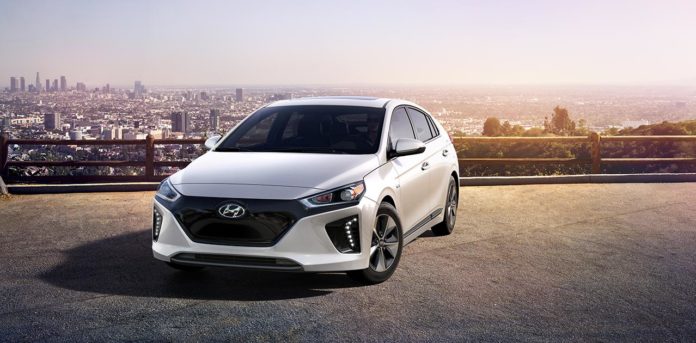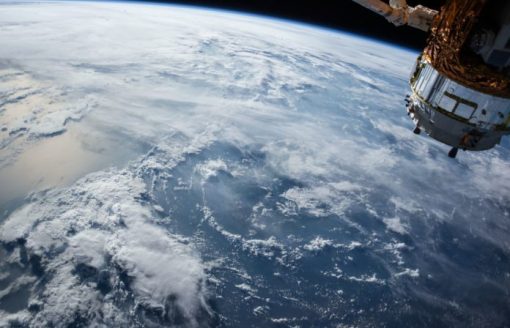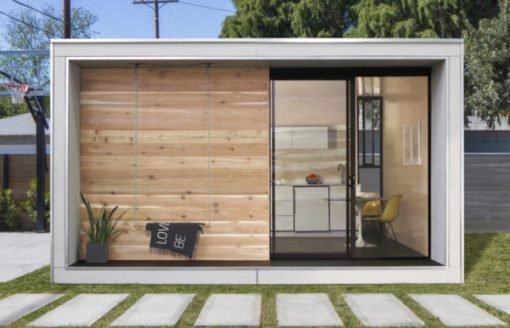
Renewable energy helps reduce carbon emission to the environment, but is it reliable at all times? Of course not. The wind does not blow all the time, and neither does sun shine every day. For this reason, many car makers are investing in building stationary energy storage batteries.
Hyundai is the latest auto manufacturer to venture into this business. The company is partnering with Wärtsilä, a Finnish energy storage firm to make use of the so-called second life electric car batteries for stationary energy storage.
Although the batteries might be overly degraded for the continued use on cars, they are still very useful in terms of storage. Making use of them is a great investment, and a huge move towards the renewable energy full adoption. This also a step closer to making the EVs real green.
Hyundai will supply batteries to the Finnish company, Wärtsilä, which will then market them to electric utilities and companies that need them.
29 GWh of second life EV batteries will be available by 2025. Currently the energy storage market can only offer 10GWh. Hyundai expects the batteries to be available due to rate at which electric cars are selling.
Tesla was the first company to talk about selling both electric vehicles and energy storage batteries. Daimler, BMW as well as Nissan have also showed interest in the energy storage battery business, but in smaller scales as compared to Tesla.
Other car manufacturers have also done their tests with different uses of the electric vehicle batteries. Nissan wants to use Leaf batteries to supply power for streetlights to a small Japanese town that was affected by the earthquake and tsunami that struck in 2011.
Renault is working with second life batteries in Portugal as part of its Smart Islandproject. GM has used Chevrolet Volt batteries in small scale energy storage projects. Toyota has used batteries from Camry Hybrid in projects same size as General Motors.









America’s Prettiest Natural Swimming Holes